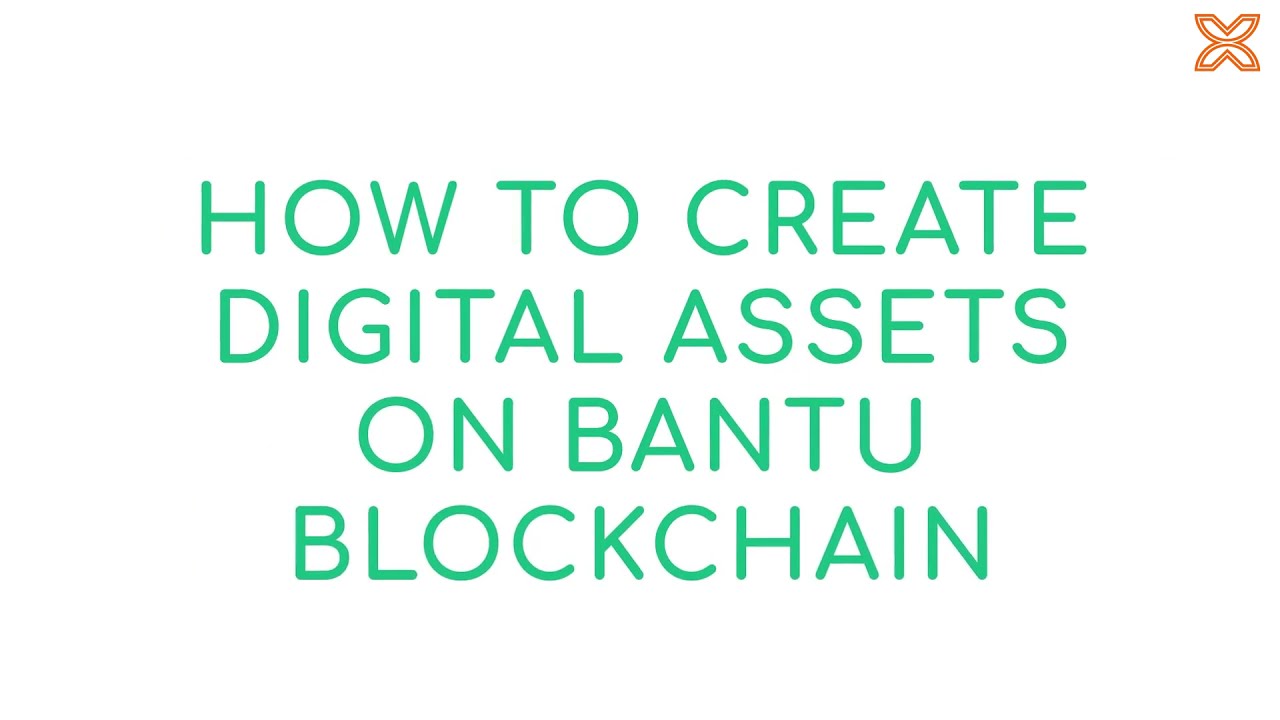NFTs, Non-Fungible Tokens, are smart token standard that allows the existence of only one copy of a particular media file. NFTs can be artwork, tickets, music , trading cards, or other assets which are unique and not easily exchanged.
One technology has the promising potential to ease the industry’s woes: #blockchain .
There are several possibility that can be implemented and archived with the Bantu Blockchain Infrastructure, Musicians are able to receive equitable royalty payments, venues are able to curb counterfeit tickets and record companies can easily trace music streams and instantly pay all artists who contributed to the songs or albums. By using blockchain platforms, artists can deal directly with fans and be in control of their own destiny. Artists can upload music and earn 100% of the royalties. They can also split the royalties with other collaborators if they choose. With Bantu blockchain, the possibilities are just endless. It’s a simple process. Click the below link to read more 
We are fully loaded, just timing
Bantu have alot of surprises that is yet to manifest. No wonder Bantu HV a very big Tommy. Na wisdom full inside. Go go Bantu, any other XBN or currency na counterfeit
NFTs could be a rife opportunity for bad actors.
There are many other flavors of crime when it comes to digital assets and, potentially, with regard to NFTs.
How’s the price determine and how do we mitigate using NFTs for money laundering?
has any action been brought against one yet?
The truth is that the value of any NFT is speculative. Its value is determined by what someone else is willing to pay for it and nothing else.
Turning something as ephemeral as a tweet into an item that can be sold requires two things: making it unique and proving ownership.
The process is the same for cryptocurrencies, which turn strings of bits into virtual coins that have real-world value. It boils down to cryptography. @Lerato
There’s currently no hard data on NFTs use for money laundering.
Most likely the approach will be stricter KYC rules and laws around NFT marketplaces.
As far as pricing is concerned, most NFT marketplaces (that I’m aware of) allow the issuer to set their own base price and then users can place higher bids. Although there is potential for money laundering using NFTs, I have yet to come across such a case.
NFTs typically give the holder ownership over the data or media the token is associated with, and are commonly bought and sold on specialized marketplaces.
You are absolutely right, user or owner set his or her price base on the value of what is on ground. But the highest bidder get it.
NFT is a game changer for all Artists all around the world, all artist shouldn’t miss the opportunity to exploit their creativity using Bantu Token Creator.
Interesting! Really a lot to learn in this space.
